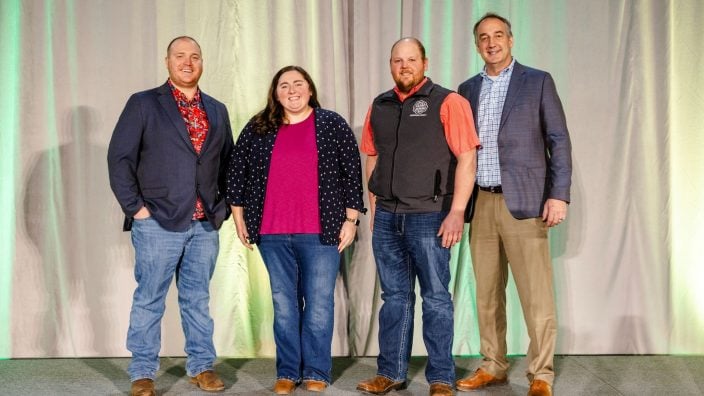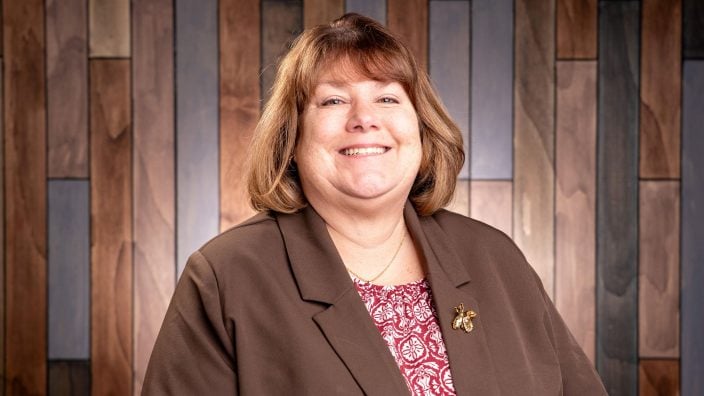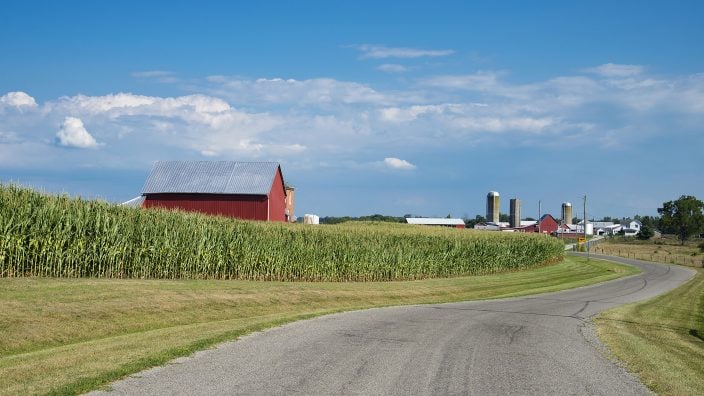Applications for Ohio Farm Bureau Health Plans now available
Members have three ways to apply: contacting a certified agent, calling 833-468-4280 or visiting ohiofarmbureauhealthplans.org.
Read MoreOhio’s farmers and rural communities will benefit from reforms to the state’s farmland tax policy, culminating a three-year effort led by Ohio Farm Bureau. The reforms were included in the new state budget signed by Gov. John Kasich.
“It’s taken three years of grassroots action to fix the flaws in the CAUV formula, and our members should be proud of this significant accomplishment,” said Ohio Farm Bureau Executive Vice President Adam Sharp. “We also want to thank the legislators who listened to our Farm Bureau members,” he added.
The budget legislation contains changes to the Current Agricultural Use Value formula, which in recent years has caused farmland owners to experience tax increases of 300 percent or more. These unsustainable increases have come at a time when farm incomes have fallen dramatically.
Sharp cited the “thousands of phone calls, emails and personal visits” Farm Bureau members made to help legislators understand the critical need for reform.
It is estimated that these changes, coupled with previous Farm Bureau-led reforms, will result in average savings of 30 percent for 2017 reassessments. This will help farmers stay on their land and continue their contributions to the local economy and community.
The reform also removes the penalty on farmers who place land in conservation practices that protect water quality.
The reforms are phased-in over two reassessment cycles (6 years) in order to assist local communities and schools to transition to the more accurate CAUV formula.
Under CAUV, farmland is taxed at a rate that reflects its value for agricultural purposes instead of its value as development property. It was enacted by Ohio voters in 1973 as a means to preserve farmland.
Sharp expressed gratitude to Gov. Kasich, Senate President Larry Obhof and House Speaker Cliff Rosenberger, as well as Senators Cliff Hite and Bob Peterson and Representatives Brian Hill and Kirk Schuring for their leadership.
The reforms will begin in the 2017 valuations, which farmers in 41 counties will receive in January 2018, and will be fully implemented for all counties after the 2022 reassessment.
This is a news release for use by journalists. Questions should be directed to Leah Curtis, 614-246-8912.


Members have three ways to apply: contacting a certified agent, calling 833-468-4280 or visiting ohiofarmbureauhealthplans.org.
Read More

Legacy nutrient deductions enable new farmland owners to claim deductions on the nutrients within the soil on which healthy crops depend.
Read More

Farmers, agribusinesses and community members are encouraged to nominate their local fire departments for Nationwide’s Nominate Your Fire Department Contest through April 30.
Read More

Introduced by Sen. Paula Hicks-Hudson, SB 120 would establish the Urban Farmer Youth Initiative Pilot Program.
Read More

Gases, vapors, and fumes can all create risk. How can we measure and protect ourselves from them?
Read More

The Ohio Farm Bureau’s Young Agricultural Professionals State Committee has named its 2026 leadership and the individuals who will be serving on the state committee for 2026-2028.
Read More

The Ohio Farm Bureau Foundation has multiple scholarships available to Ohio students from rural, suburban and urban communities who are pursuing degrees with a connection to the agricultural industry.
Read More

With 100% bonus depreciation now permanent, farmers can deduct the full cost of a new agricultural building in the year it’s placed in service.
Read More

Lincoln Deitrick was named the Outstanding Young Farmer, Denver Davis won the Excellence in Agriculture Award, and Margaret Houts won the Discussion Meet.
Read More

Michelle Downing of Franklin County has been named finance director of county operations for Ohio Farm Bureau.
Read More